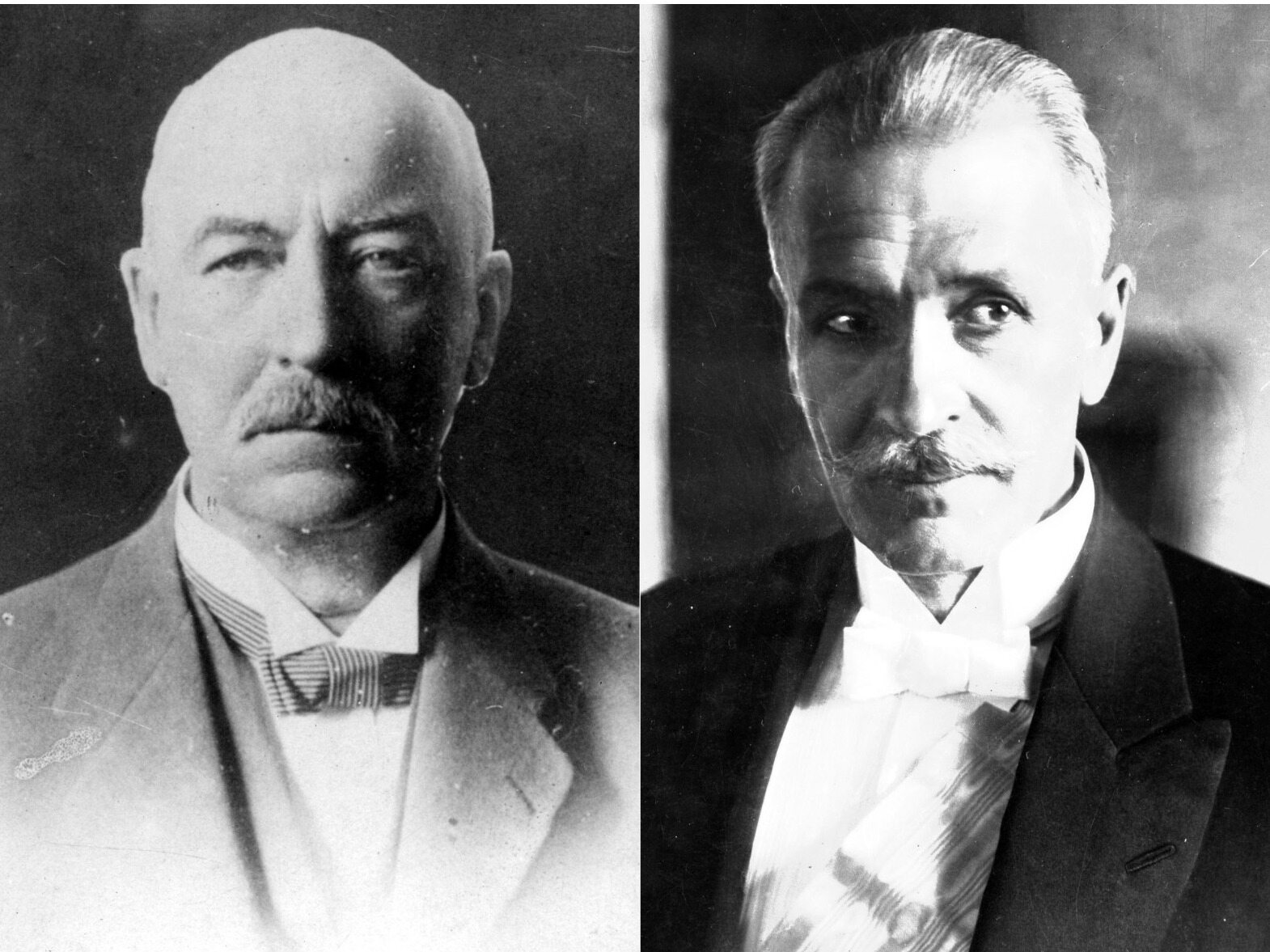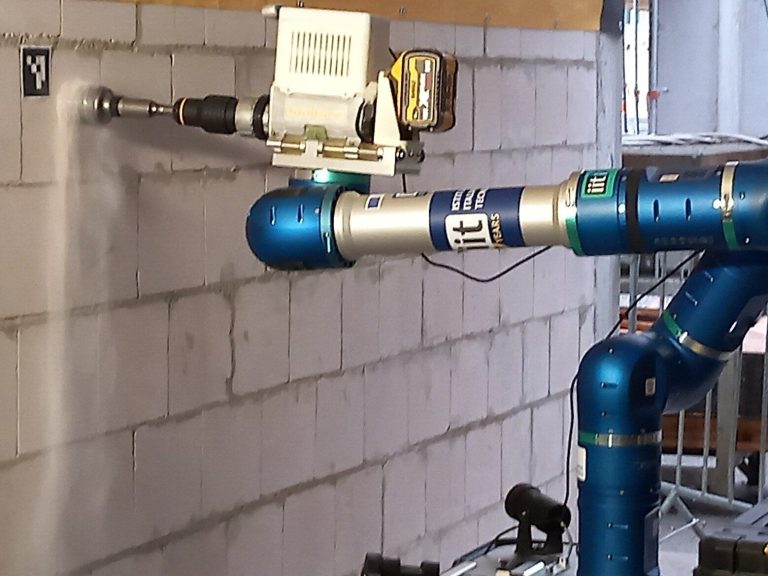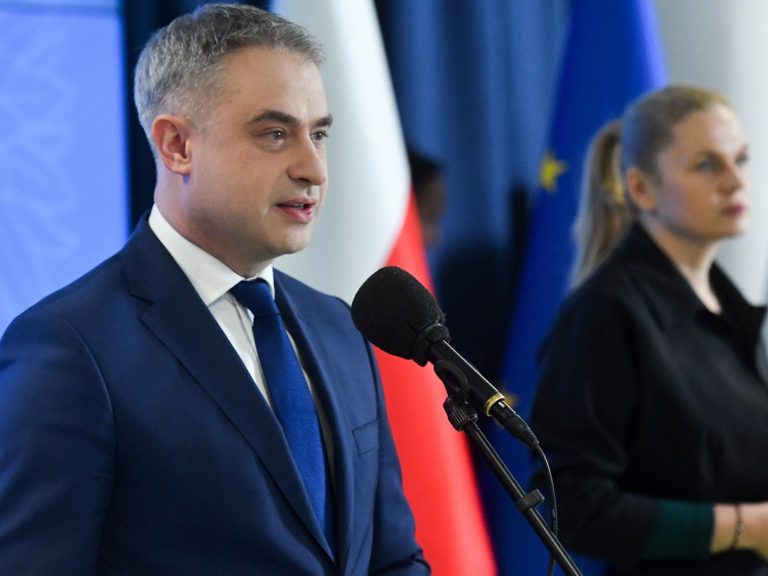Gabriel Narutowicz and Ignacy Mościcki. Prominent scientists who became presidents

They are remembered as presidents of the interwar period. Before entering high politics, they successfully developed their scientific careers. Gabriel Narutowicz was an outstanding hydrologist and builder of hydropower plants, and Ignacy Mościcki was a pioneer of the Polish chemical industry. They both boast outstanding achievements.
– They were both outstanding professors, scientists and technicians. They were almost peers and both made scientific careers in Switzerland. They left the Polish lands and could not return too much – they would be arrested because they joined socialist political movements there – says in an interview with “Wprost” Dr. hab. Patryk Pleskot, historian and head of the Historical Research Office of the Institute of National Remembrance in Warsaw.
Gabriel Narutowicz – a world-famous engineer
Gabriel Narutowicz was the president of the Second Polish Republic for only a few dozen hours. He died during a visit to Zachęta in Warsaw from a bullet fired by the painter and critic Eligiusz Niewiadomski. And it was the dramatic circumstances of his death that overshadowed all his previous achievements – political activity, and above all, a brilliant scientific career and outstanding achievements in the field of technology.
Narutowicz began his studies at the Faculty of Mathematics and Physics of the University of St. Petersburg, but had to interrupt them because of pneumonia, which turned into tuberculosis. But that’s not a bad thing. Doctors sent him to Davos for treatment, and it was Switzerland that turned out to be his ticket to international fame.
Narutowicz sensed the moment and specialized in hydropower. Over the years, he climbed the successive levels of his career. He started as an engineer in the construction office of the railway in St. Gallen, and after a year he moved to the construction office of the municipal water supply and sewage system. Then he took the position of construction manager of the section of the Rhine regulatory canal on the section Obereit – Lake Constance. However, he did not stop there. He found employment in one of the most prestigious Swiss design offices, owned by Louis Kürsteiner. There, Narutowicz spread his wings, and over time he even became a co-owner.
His work was quickly noticed. Only a few years after graduation, already in 1896, he was awarded a gold medal at the International Exhibition in Paris for plans and designs of hydroelectric power plants. And he has quite a lot of them – not only in Switzerland, but also in Spain, France, Italy and Austria.
The list of Narutowicz’s greatest successes includes the water power plant in Kubel, and his most famous work is the hydroelectric power plant in Mühleberg near Bern, at that time one of the largest and most modern in the world. He was also not afraid of pioneering solutions – he proposed using water from Alpine glaciers to obtain energy, which was not used until many years later.
He sacrificed a comfortable life and a great career
– It will not be an exaggeration to call Narutowicz a pioneer of the electrification of Switzerland. He was on the Rhine regulation committee, he was very active in the construction of hydropower plants. He had a scientific career. He lectured on water engineering at the polytechnic in Zurich, he was even the dean of this university. He is a very distinguished character – enumerates Dr. Patrick Pleskot.
The scientist gained international fame, but in 1919 he decided to return to Poland, although the circumstances did not encourage him to do so. – Then Poland fights for its borders, it is not known whether the state will survive, it is poor, dangerous, and Narutowicz, who led a settled, comfortable life of a scientist in Switzerland, decides to return to the country that is just being reborn and tries to do something here. He does it selflessly, he realizes that Poland needs well-educated professionals. This is unusual for me in this character. Opponents, nationalists, accused him of not even speaking Polish, that he did not care about Poland at all, that he had come for money. Nonsense, explains a historian from the Institute of National Remembrance.
– This is great patriotism, without big words, but in deeds. And we know that he paid the highest price for his decisions – adds Pleskot.
Ignacy Mościcki – a talented chemist and inventor
The mission of persuading Narutowicz to return to Poland and enter politics was undertaken by none other than Ignacy Mościcki, also later president.
The historian draws attention to the similarity between them. – This is also a person who made a career in the West. This is such a self-made man. He actually started working as a manual laborer in London in the 1890s, but later became an assistant at the University of Freiburg. He trained as a chemist and as a physicist. He made a brilliant career in private companies. In Freiburg, he worked in a company that produced nitric acid and was very successful as an inventor and rationalizer of production, our interlocutor points out.
In 1898, it was announced that Europe could be threatened by famine, because the Chilean deposits of saltpeter, which at that time was the most important mineral fertilizer, were running out. It was also the basic raw material for the production of nitric acid, necessary for the production of explosives or dyes. Mościcki set about solving the problem while still a student and assistant at the Faculty of Mathematics and Natural Sciences of the University of Freiburg. He developed an original method of producing nitric acid using electricity, binding nitrogen from the air. To use it, high-voltage capacitors were needed. They were not produced at that time, but this was not an obstacle for the researcher – he himself constructed a high-voltage glass capacitor and patented it. The value of this invention was estimated at a million francs, and the scientist actually became an authority in the field of electricity by accident.
Scientist footprint on the Eiffel Tower
– For the first 30 years of the 20th century, capacitors of his idea were used throughout Europe. This is a really big achievement. Even on the Eiffel Tower, a battery of capacitors was installed according to Mościcki’s idea – points out dr hab. Patrick Pleskot.
It turned out, however, that his method of solving the “nitrogen problem” is not the cheapest and there is another way. The failure, however, did not discourage Mościcki, who continued his research on the method of obtaining nitrogen from the atmosphere. Eventually, he developed a more efficient technology for reacting oxygen and nitrogen in an electric arc using a rotating flame in a magnetic field. The concept was recognized by Albert Einstein himself. The oil and gas industry also owes many methods and devices to him.
Mościcki also invented, for example, a method of protecting the network of electrical wires against the destructive effects of electric discharges, which was quickly used throughout Europe. At the Congress of Electrical Engineers in Freiburg, he presented an extraordinary spectacle, during which he caused 100 artificial lightning bolts per second.
The list of Mościcki’s achievements is even longer. In total, he developed over 40 Polish and foreign patents. He also has about 60 scientific papers to his credit.
– A man who achieved a lot in Freiburg, earned good money in state and private companies, suddenly returned to Polish lands before the First World War. He started working at the Polytechnic in Lviv. It is also difficult to see any signs of self-interest, actions for the sake of applause. On the contrary. He developed a large part of the chemical industry of the Second Polish Republic. He created the famous plants in Chorzów, producing nitrogen compounds, and the National Nitrogen Works in Tarnów, explains the historian.
He ended up in oblivion
Our interlocutor, however, points out that Mościcki is not an unambiguous figure – he became president after the May coup and “sanctioned in some way the departure from democracy that Józef Piłsudski gave us after 1926 and endorsed the Sanation system until September 1939.” “After Piłsudski’s death, he became one of the most important centers of power and is somehow responsible for creating the authoritarian system that was the Sanacja, post-May Poland,” he says.
Although Mościcki did not end as dramatically as Narutowicz, he was not allowed to leave the political and scientific stage in the spotlight. In September 1939, he was interned in Romania and resigned as president. “He tried to start working again at the University of Freiburg, where he had previously been awarded an honorary doctorate, and at the factories he co-founded, but they didn’t want him anymore. He was unwelcome there. He lived on a modest pension granted to him by the British and died in oblivion and in poverty, sums up Pleskot.






